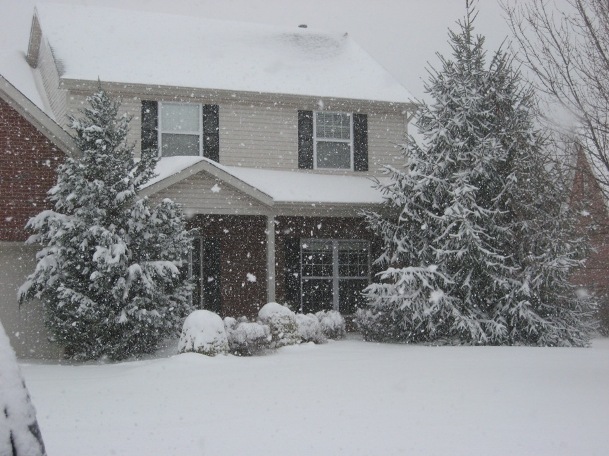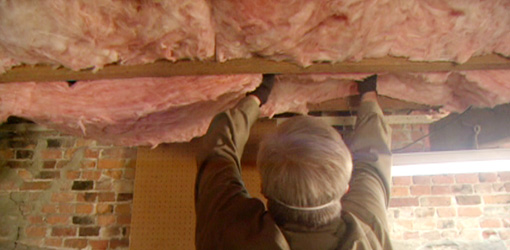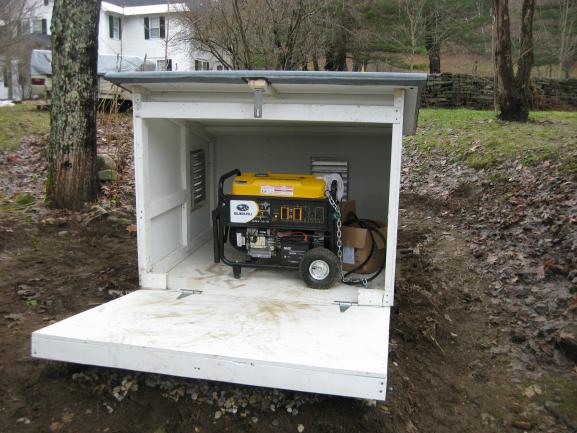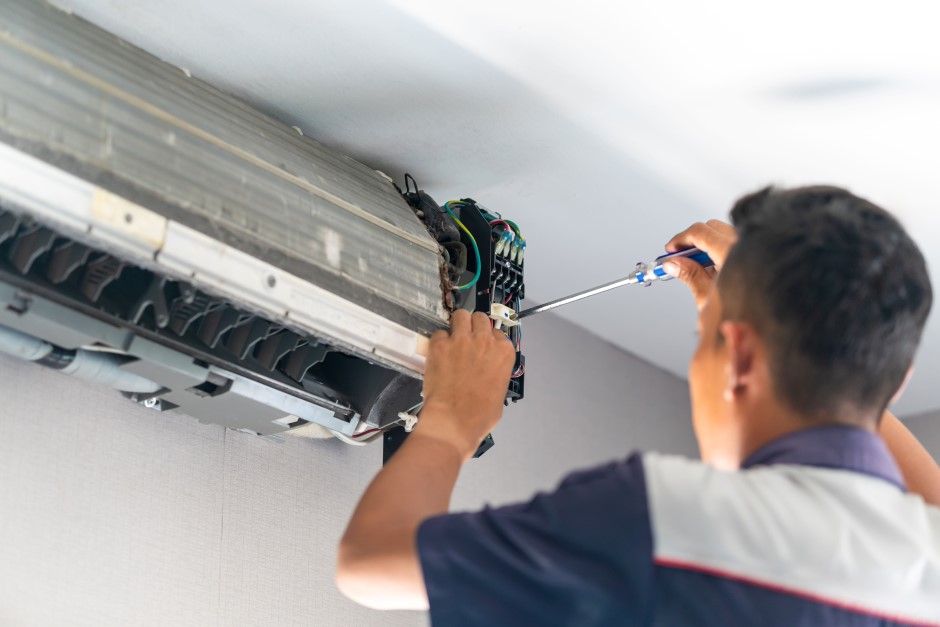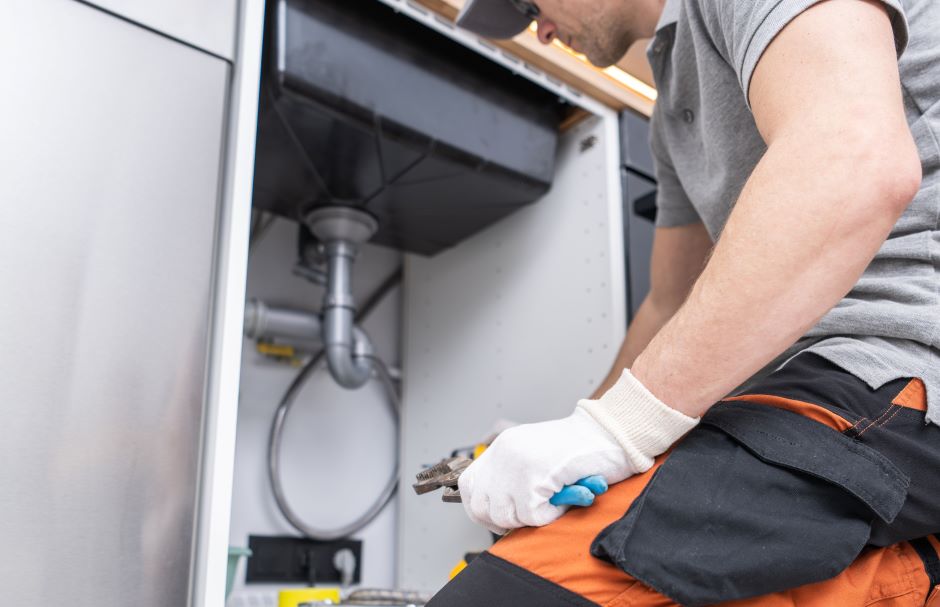Home emergencies, like appliance failure or plumbing emergencies, are never fun. But they’re much worse when they happen in the middle of a severe snowstorm and you can’t reach a professional, or they can’t reach your house. Like anything else, though, many of those disasters are much less likely to happen if you and your house are well-prepared, and we’ve compiled some great ideas to help you get started. Take a look with your own house in mind, and start making a list of things you really should take care of before the temperatures start to plummet.
Insulate
It might seem like a no-brainer to make sure your house is well-insulated during the frigid months, but you wouldn’t believe how easy it is for warm air to escape through the tiniest crack (and how much that escaping heat can cost). Not only that, but warm air leakage can become a much bigger problem if the power goes out during a storm, and can even lead to some extensive roof damage if you’re not careful. Make sure you know the likely culprits of ‘leakage’, and find ways to keep them well insulated.
- Windows: Probably the most obvious place to look for air leakage, even closed windows can be letting heat out without you knowing it. Checking for leaks around the windows themselves and adding a quick line of caulk can often solve most of your problems, but if your windows are in really poor shape (or incredibly old) you might want to consider having a professional take a look - they might be due for an update.
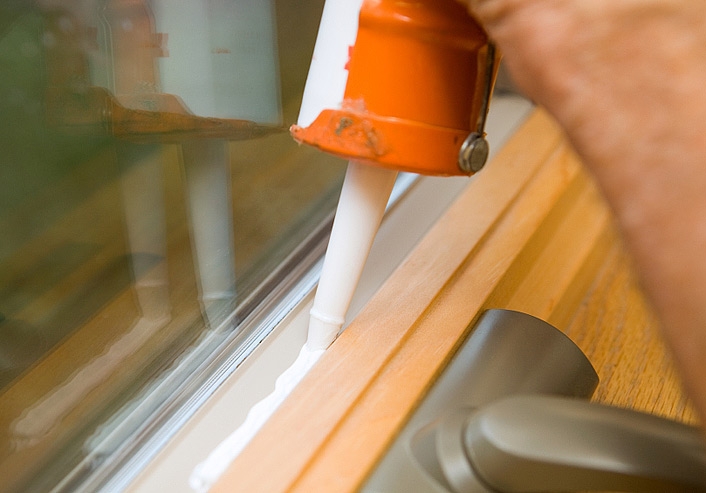
- Other air leaks: You might have already checked the windows and installed an under door sweeper, but according to the Department of Energy, there are plenty of other ways for air to be leaking out of your house, causing high energy bills and putting you in a bind if the power goes out or the heater acts up. Make sure to check any area of your house where two different building materials meet, and anywhere electrical work or plumbing goes from indoors to outdoors (outdoor faucets, phone lines, vents…).
- Hot Water Heater and Pipes: If you’ve upgraded to newer appliances or your house is new (and has new pipes), you’re probably all set, but even so it’s worth checking. Hot water heaters with extra insulation will keep your heater from having to work as hard to maintain the right temperature, and in the end, with less work, your heater will last longer. Exposed pipes can use extra insulation too - during super cold spells, they can even freeze and bust, leading to damaging flooding. If they’re not in use through the season, you can drain them instead.
- Attic: An attic without proper insulation might not seem like a big deal, but it can cause much greater damage than you might expect. Escaping heat causes ice to melt to water, which runs down your roof until it reaches a cooler spot and refreezes (called ice dams). They create a barrier and cause snow and ice to pile up on certain spots of your roof, and with enough weight the roof can collapse under the extra pressure. Instead, make sure your attic has the right amount and grade of insulation, and call a professional if you’re not sure.
Access
Sometimes you’re not dealing with an emergency per se, but the situation can quickly turn into one if you can’t reach the tools you may need to deal with it (think of the power going out, and you all of a sudden have no idea where all the flashlights are). Make sure you move the shovels and snow blower to the front of the garage/shed, and bring a shovel inside if you’re expecting a lot of snow at once so you can get out the front door. If you plan to use a generator, even only as a backup, make sure you know where it is and it’s ready to go. Stock up on EPA-approved salt for your driveway. Make sure you have your HVAC guy come out and check on the furnace before he can’t get there due to snow; a little regular maintenance goes a long way.



